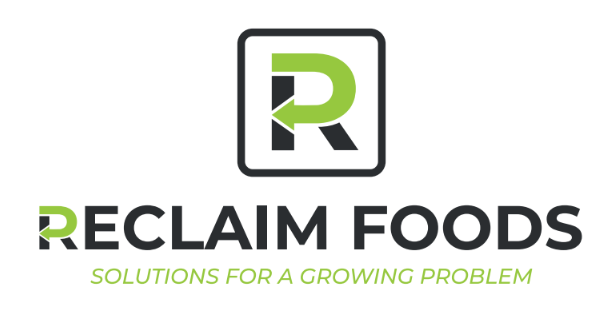Getting Involved
Become a Partner
Get in Touch
WATCH A MESSAGE ABOUT FOOD WASTAGE FOOTPRINT FROM THE FOOD AND AGRICULTURE ORGANIZATION (FAO).
tonnes of food across the supply and consumption chain are waste each year - this wastage equals about $2,000- $2,500 per household per year
gigalitres of water are used in Australia to grow food that's wasted - this equates to the volume of water in five Sydney Harbours.
Solutions for a Growing Problem
We’re more than a food upcycling business; we’re advocates for change
As a social enterprise, we address food waste through three pillars of sustainability: environmental (reducing food waste), social (by involving multiple sectors of the Australian economy), and economic (creating opportunities for local businesses through food upcycling initiatives).
Re-think surplus produce!
There are so many ways to harvest more value from waste
Buying upcycled food is an easy way for anyone to prevent food waste. When surplus food is used to create healthy, delicious food products or ingredients it stops food wastage. It’s a new way to tackle food waste because it’s a consumer product-based solution, meaning it’s highly scalable and economically sustainable. Reclaim Foods collaborates with Queensland farmers to turn their surplus crops into innovative food items, increasing crop yields, cutting down waste, and minimising disposal expenses.
Over 4 million Australian students can help
By partnering with schools, we can help teachers, pupils, and their families to learn about food waste issues, introduce good practices conducive to food waste reduction and supporting healthy, eco-friendly upcycled ingredients and food products. We can all tackle food waste – it’s solvable one bite at a time.
Make a Difference Today
The Benefits of Less Food Waste:

Reduced methane emissions from landfills and a lower carbon footprint
The impact is sizeable: food waste accounts for 3% of Australia’s greenhouse gas emissions, the equivalent of an average car driving around the world 2 million times.

Better energy and resource management and pollution prevention
80% of the environmental impact of products and services is determined in the early design stages. Changes in commercial supply practices can improve food value chain resource efficiency by up to 25%.

Community benefits by providing donated, intact and safe food that would otherwise be discarded
In 2021, the Australian food rescue sector diverted or reused more than 80 million kilograms of good-quality food and redistributed it into meals for millions of Australians experiencing food insecurity.
Food for Thought
Reclaim Foods: Leading the Way in Social Profit Through Food Innovation
At Reclaim Foods, we believe in the power of social profit—a concept that redefines success by focusing on positive impacts for society and the environment alongside financial gains. Our goal is to create sustainable change by developing innovative food products,...
A Sustainable Solution: Transforming Surplus Fruit into Functional Foods for Aged Care
At Reclaim Foods, we are committed to transforming surplus fruit into value-added functional food products that serve the unique nutritional needs of aged care. By rescuing high-quality, yet often overlooked, surplus fruit, we reduce food waste and create functional...
Reducing Food Waste in Supply Chains through Innovative Approaches: An Overview
Food waste is a global challenge that affects both the environment and the economy. In the supply chain, food waste occurs at various stages from production to retail and consumption. This problem is particularly pronounced in developed countries, where high levels of...



